Understanding Block Retaining Wall Installation Costs
This page provides a detailed overview of the factors influencing the cost of block retaining wall installations, including material choices, site conditions, and project scope. Understanding these elements can assist in estimating expenses accurately and planning effectively for construction projects.
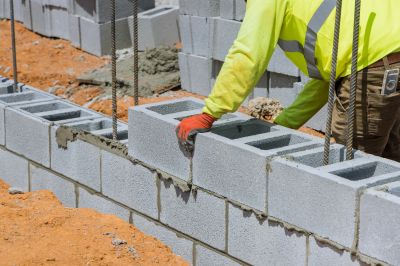
Different block materials, such as concrete or segmental blocks, impact overall costs based on durability and appearance.
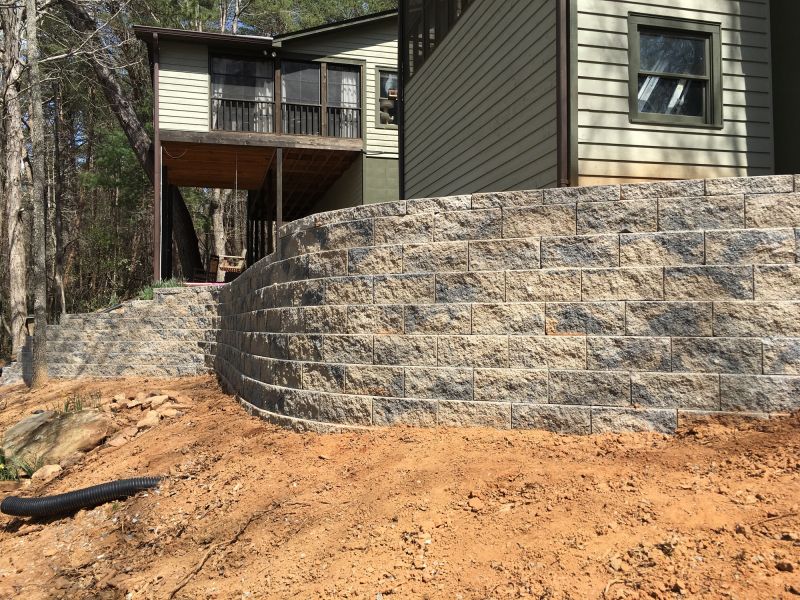
Steep slopes and unstable soil require additional preparation, increasing installation costs.
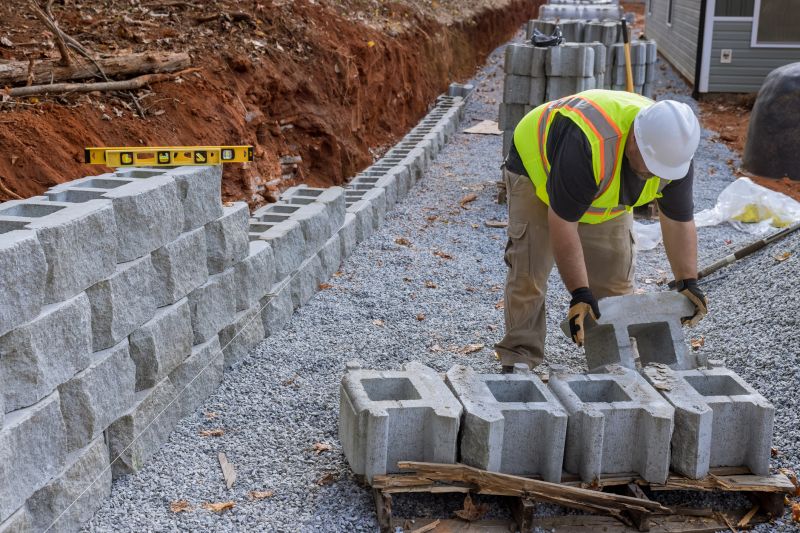
Longer walls and larger projects typically involve higher material and labor expenses.
| Factor | Impact on Cost |
|---|---|
| Material Type | Concrete blocks are generally less expensive than natural stone, influencing total costs. |
| Wall Height | Higher walls require more materials and reinforcement, increasing expenses. |
| Foundation Preparation | Complex or unstable foundations add to labor and material costs. |
| Design Complexity | Intricate designs or curves may require additional labor and specialized materials. |
| Accessibility | Difficult site access can lead to higher labor costs and extended project timelines. |
| Drainage Features | Incorporating drainage systems adds to material and installation costs. |
| Permitting and Regulations | Compliance with local codes may incur additional costs. |
| Labor Rates | Regional labor costs significantly affect overall project expenses. |
The cost of block retaining wall installations varies widely based on project specifications. Smaller, straightforward walls with standard materials tend to be more economical, while larger or more complex structures require additional investment. Site conditions, material choices, and design intricacies all influence the final expenditure, making detailed planning and assessment essential for accurate budgeting.
Factors such as soil stability and slope steepness can significantly impact installation costs. In cases where extensive excavation or reinforcement is necessary, expenses will increase accordingly. Proper site evaluation and planning can help identify potential challenges early, ensuring cost-effective project execution.
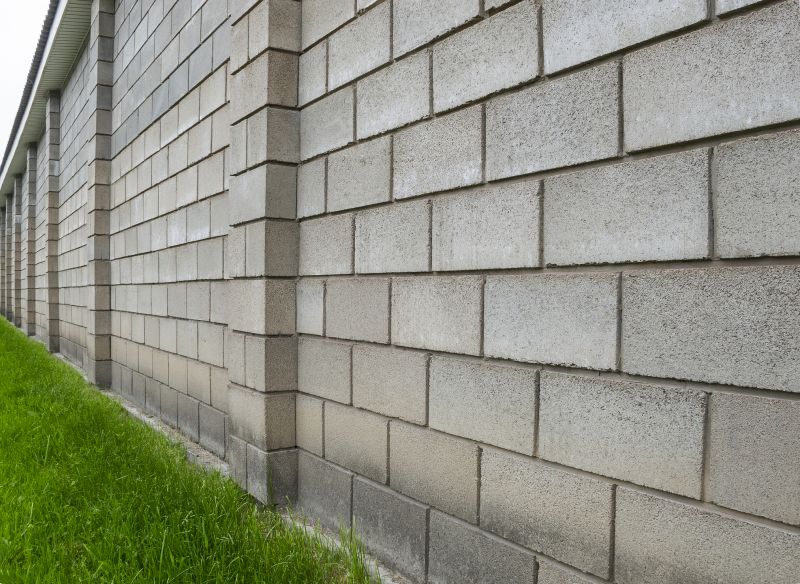
Different block materials, such as concrete, segmental, or decorative blocks, have varying price points affecting overall costs.
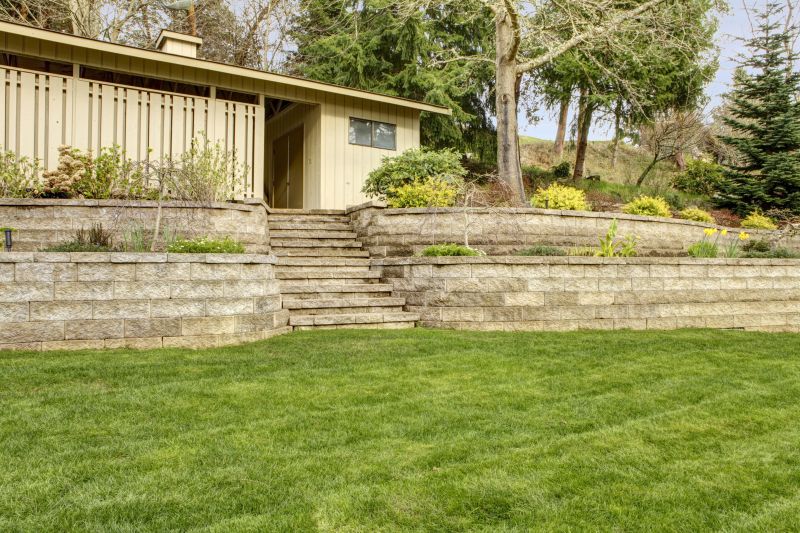
Incorporating features like built-in seating or lighting can add to the project budget.
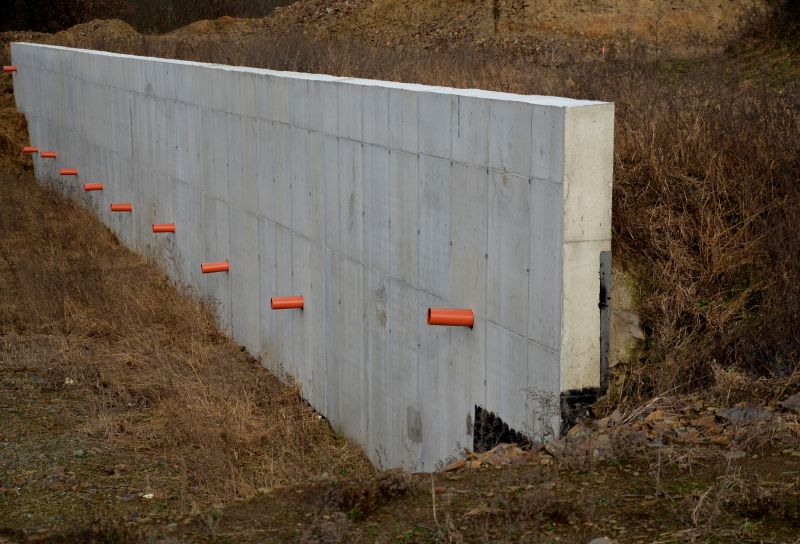
Adding drainage pipes and reinforcements increases durability and cost.
| Related Service | Average Cost Range |
|---|---|
| Segmental Block Wall Installation | $20 - $40 per square foot |
| Concrete Retaining Wall | $25 - $50 per square foot |
| Natural Stone Wall | $35 - $70 per square foot |
| Gabion Wall Construction | $30 - $60 per square foot |
| Reinforced Soil Wall | $40 - $80 per square foot |
| Terraced Wall Design | $25 - $55 per square foot |
| Landscape Wall with Decorative Blocks | $22 - $45 per square foot |
| Custom Curved Wall | $30 - $65 per square foot |
| Drainage System Installation | $10 - $20 per linear foot |
| Foundation Excavation | $5 - $15 per square foot |
